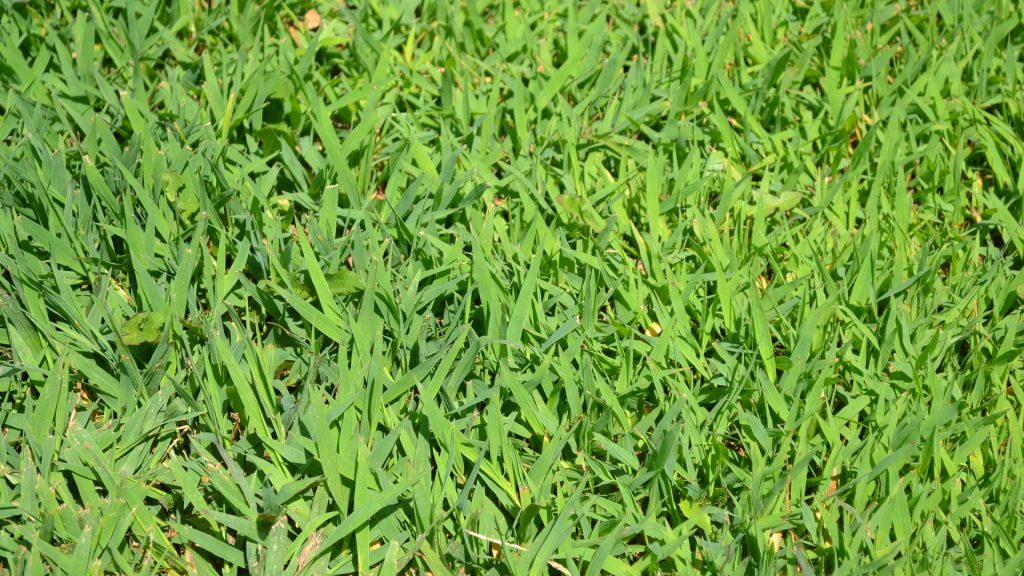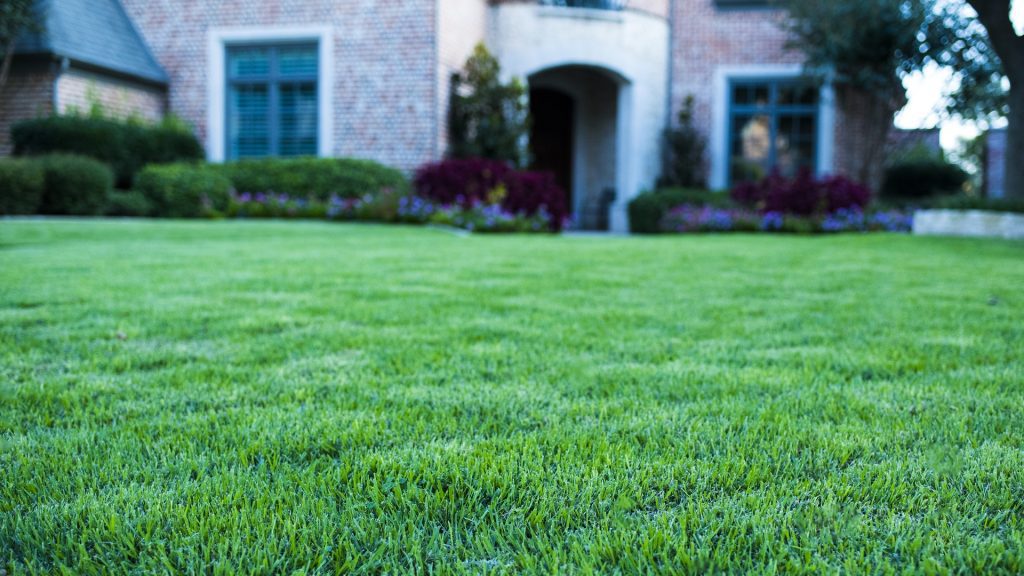
Will White Vinegar Kill Grass Along With Weeds?
As many gardeners look for more natural methods of dealing with weeds and pests, household vinegar always seems to enter the conversation.
While it’s true that it can be effective in treating these garden intruders, it might also be damaging your other plants.
Will white vinegar kill grass? Yes, as a non-selective natural herbicide, vinegar will likely kill any grass that it comes into contact with, as well as the weeds around it. Careful application when treating weeds and pests is required to ensure that this doesn’t happen. Vinegar has loads of benefits for the modern gardener, but people often assume because of its household status that it’s totally safe for the grass.
This guide will explain why vinegar can be damaging to other plants and how to apply it the right way so that it’s only working against weeds.
What is White Vinegar?
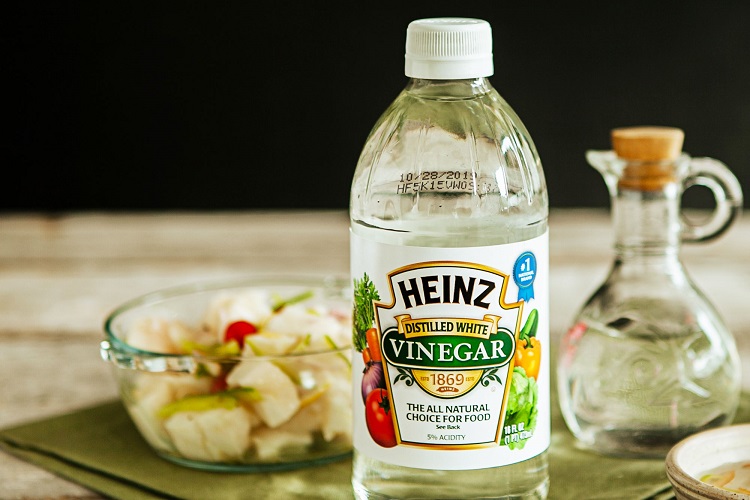
White vinegar is made of water and acetic acid, and it’s a common household product used for everything from cooking to cleaning windows. The acetic content in household vinegar is around 5%, which is still enough to do what it needs to.
Gardeners also use white vinegar as a treatment for weeds, as the acetic acid content gets into the leaves of the weeds and dissolves their cell membranes.
This removes any water from the plants which causes them to die within 24 hours, so it can be quite effective when used correctly.
Vinegar is such an effective substance in gardening that there’s even such a thing as horticultural vinegar. This vinegar comes with an acetic acid content of 15 to 20 percent and it’s a lot better at killings weeds when applied to them.
If you’re not able to get your hands on it though, using household white vinegar should still do the trick.
Does Vinegar Kill Grass?

As a powerful weed killer, it should be noted that vinegar of all kinds will also kill the other plants in your garden, including grass.
However, it will only do so when it comes into direct contact with the ingredients, so as long as you’re careful with how you apply it, this shouldn’t be an issue.
When choosing herbicide for the grass, you can decide whether you want selective or non-selective, meaning it only targets select types of plants or doesn’t.
Vinegar would be classed as non-selective, so whatever it comes into contact with, it will destroy.
The Right Way to Apply Vinegar in the Garden
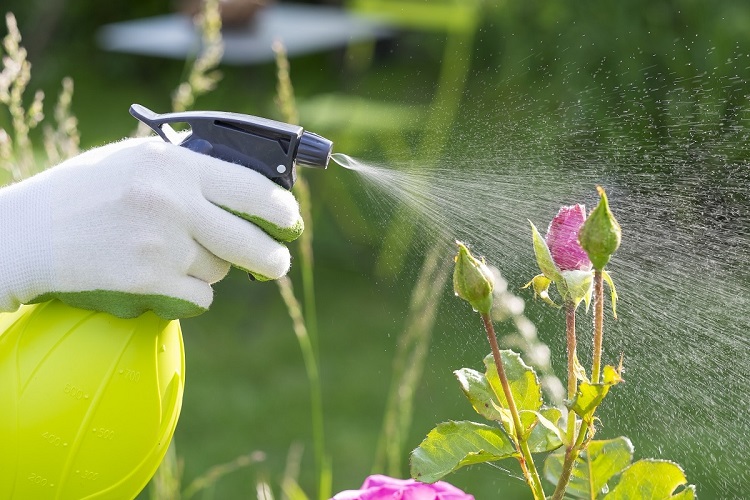
Before you go out onto the grass and start spraying vinegar all over the weeds, there are some things you should know.
Follow these tips for a safe and effective vinegar treatment that only targets the weeds you want to get rid of.
- Wear protective gear on your hands and eyes, just as you would when applying any type of herbicide. Although considered natural, vinegar still contains acid and can be damaging to your skin.
- Choose a day when the weather is warm and there’s no rain about. Having direct sunlight on the weeds you’re spraying with vinegar will make it even more effective at doing its job.
- Use a spray setting that will allow you to just target the weeds you’re trying to kill and not the surrounding plants. Any blades of grass that come into contact with the vinegar will dehydrate and die within 24 hours, so you must go slowly and carefully.
- Make sure you’ve cleared all pets and people out of the yard before you start spraying. Vinegar is a lot safer for the family than a toxic herbicide but it can still cause irritation, so let it dry before allowing anyone back outside.
- Check back on the treated weeds one week after application to see if a second dose is required. Sometimes, you’ll need to treat them more than once when using a gentler herbicide like vinegar, but it’s ultimately safer for your family and the environment.
A Friendly Alternative for Your Grass
Vinegar is cheap, efficient, and safe to use around the family, making it the perfect choice for a natural herbicide.
Although you need to be careful when applying it near grass, this non-selective treatment is one of the best ways to deal with pests and weeds in your garden without any of the usual worries.
Related Questions
The savvy gardener has a whole host of homemade treatments they use on their plants, with vinegar being one of the most popular.
If you’re wondering what other items you might have at home that can be useful in your garden, read on for a few FAQs that can teach you more.
Do Bleach Kill Weeds?
Household bleach, also known as chlorine bleach, is commonly used as a herbicide and can kill weeds permanently when sprayed on them.
However, this chemical is toxic and will damage other plants that it comes into contact with, so be cautious where and how you apply it.
Can You Pour Salt Directly Onto Weeds?
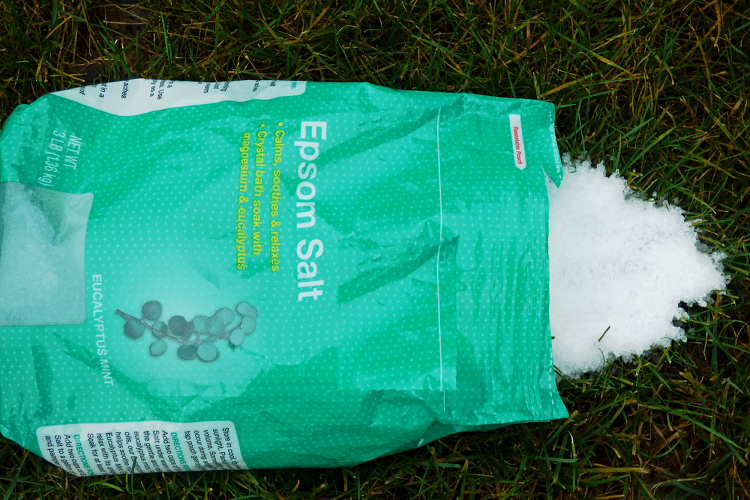
Salt can be used as a gentle but effective weed killer, but it works best when diluted in water and sprayed onto them so they can absorb it better.
The salt actively dehydrates the plants which cause them to die, but it can take a few days and multiple treatments before you see results.
Will Boiling Water Kill Grass?
Yes, boiling water will kill grass instantly if it comes into contact with it, just as it kills the weeds that it’s commonly used to treat.
If you’re using boiling water as a weed treatment, you need to make sure it’s only being poured on the leaves of the weeds that you want to get rid of.
Resources:

